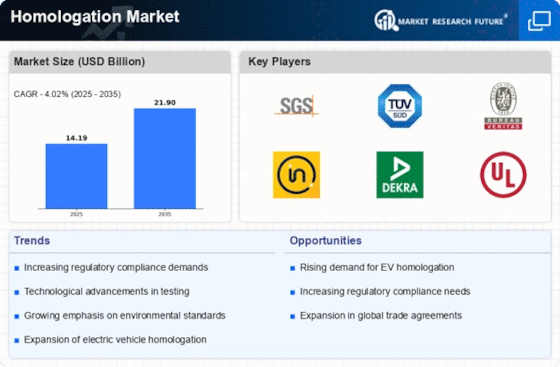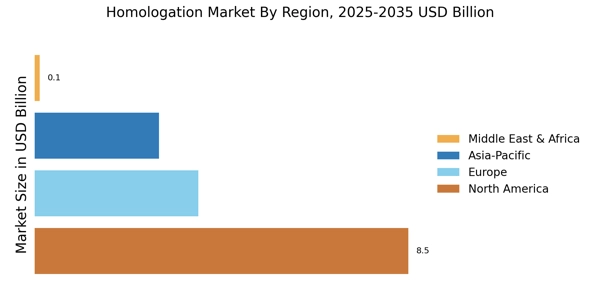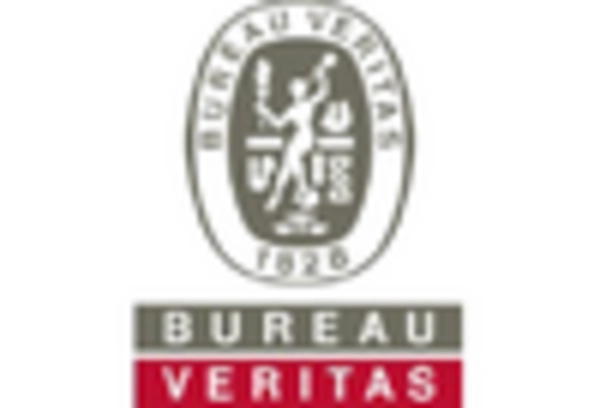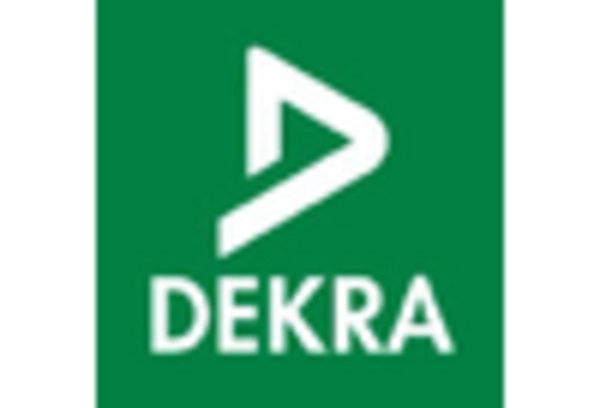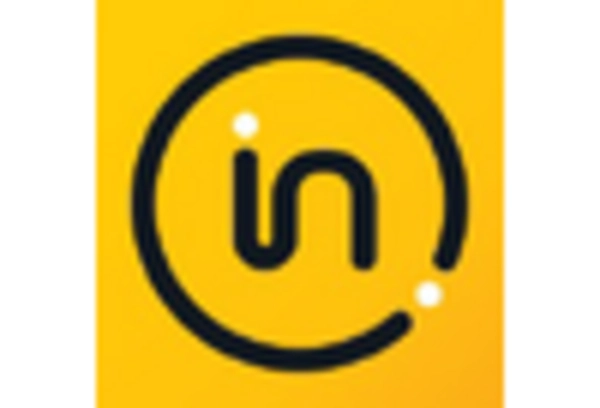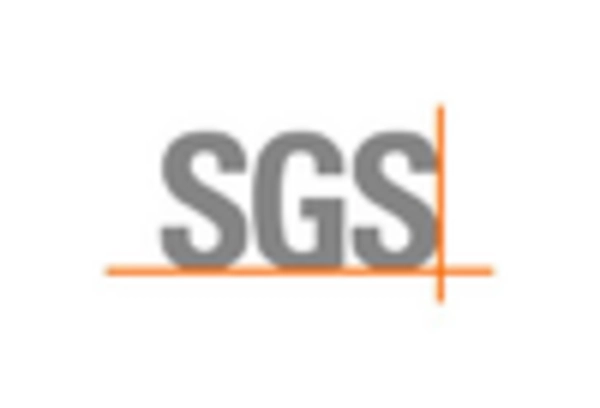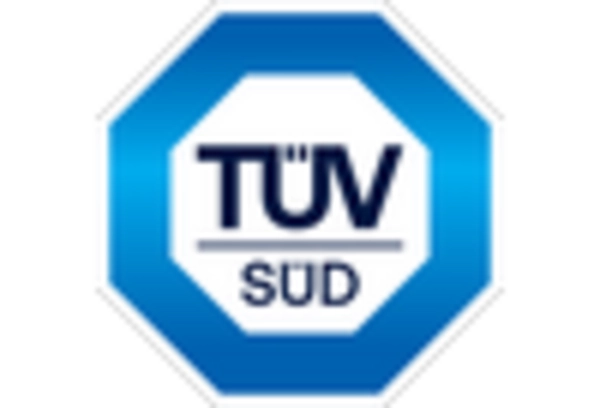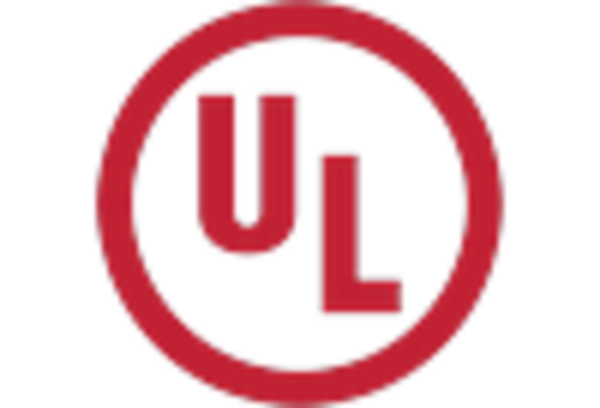Stringent Environmental Regulations
The imposition of stringent environmental regulations is a significant factor influencing the Homologation Market. Governments worldwide are increasingly focused on reducing carbon emissions and promoting sustainable practices. For instance, regulations concerning emissions standards for vehicles are becoming more rigorous, compelling manufacturers to ensure compliance through homologation processes. In 2025, it is estimated that over 60% of new vehicles will need to meet enhanced emissions standards, which could lead to a surge in demand for homologation services. This trend not only drives the market but also encourages innovation in cleaner technologies, thereby reshaping the automotive landscape.
Growing Consumer Awareness and Safety Standards
Consumer awareness regarding vehicle safety and performance is on the rise, which appears to be a crucial driver for the Homologation Market. As consumers become more informed about safety ratings and compliance, manufacturers are compelled to prioritize homologation to meet these expectations. In 2025, it is projected that nearly 75% of consumers will consider safety ratings as a key factor in their purchasing decisions. This shift in consumer behavior is likely to push manufacturers to invest in comprehensive testing and certification processes, thereby increasing the demand for homologation services. Consequently, this trend not only enhances market growth but also elevates overall industry standards.
International Trade Agreements and Market Access
International trade agreements are playing a pivotal role in shaping the Homologation Market. As countries engage in trade partnerships, the harmonization of standards and regulations becomes essential for market access. In 2025, it is expected that over 40% of automotive manufacturers will seek to enter new markets, necessitating compliance with local homologation requirements. This trend could lead to an increase in demand for homologation services as companies navigate complex regulatory landscapes. Furthermore, the alignment of standards across borders may streamline the homologation process, potentially reducing time-to-market for new vehicles and enhancing competitiveness in the global automotive sector.
Expansion of Electric and Hybrid Vehicle Segments
The expansion of electric and hybrid vehicle segments is significantly impacting the Homologation Market. As the automotive industry shifts towards electrification, the need for homologation services tailored to these new technologies is becoming increasingly apparent. In 2025, it is anticipated that electric and hybrid vehicles will account for over 30% of total vehicle sales, necessitating specialized testing and certification processes. This transition not only drives demand for homologation but also encourages the development of new standards and regulations specific to electric vehicles. As a result, the homologation market is likely to experience substantial growth in response to this evolving landscape.
Technological Advancements in Automotive Engineering
The rapid evolution of automotive engineering technologies appears to be a primary driver in the Homologation Market. Innovations such as electric vehicles and autonomous driving systems necessitate rigorous testing and certification processes. As manufacturers strive to meet stringent safety and performance standards, the demand for homologation services is likely to increase. In 2025, the automotive sector is projected to invest over 100 billion dollars in research and development, further emphasizing the need for compliance with regulatory requirements. This investment not only enhances vehicle performance but also ensures that new technologies are effectively integrated into existing frameworks, thereby driving growth in the homologation sector.

